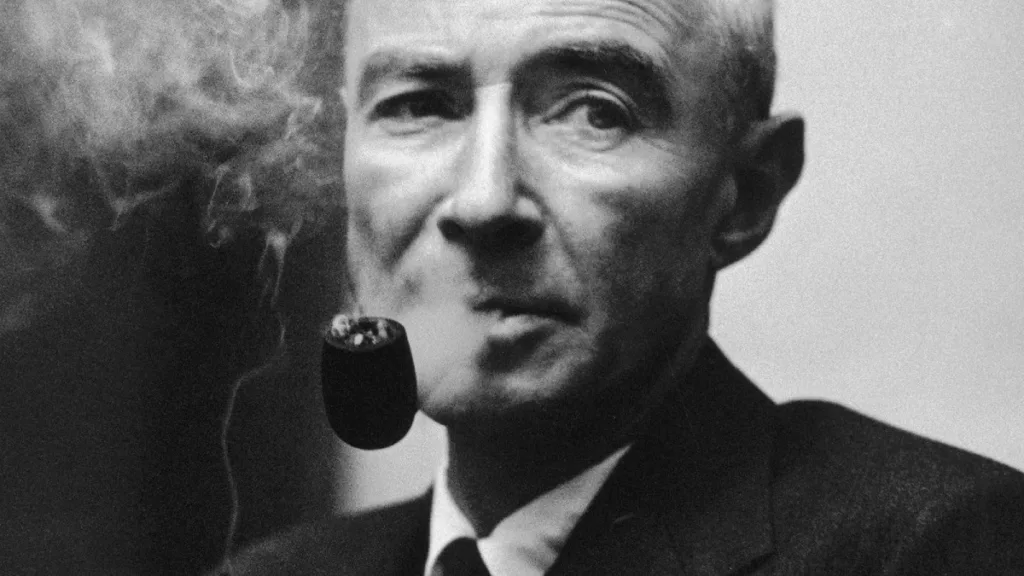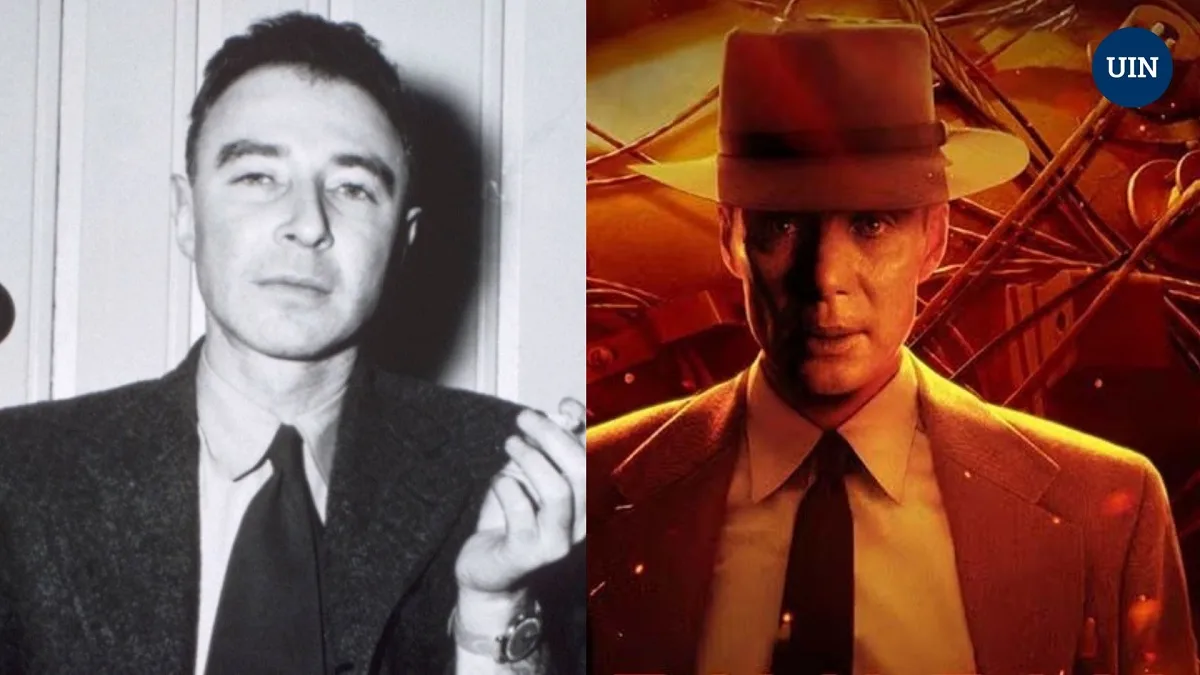In the annals of history, there are figures whose brilliance, complexity, and controversial legacy continue to captivate generations. One such individual is J. Robert Oppenheimer, an exceptional physicist who played a crucial role in shaping the development of the atomic bomb during World War II. Often referred to as the “father of the atomic bomb,” Oppenheimer’s life and work reveal a man of profound intellect, moral conflict, and transformative impact. This article delves into the life of this enigmatic genius and his enduring legacy on science and society.
Table of Contents
The Early Years
Born on April 22, 1904, in New York City, Julius Robert Oppenheimer grew up in a family of intellectual and culturally diverse heritage. His father, Julius Oppenheimer, was a wealthy textile importer, while his mother, Ella Friedman, hailed from a family of successful entrepreneurs. Raised in an environment that valued education, young Robert showed early promise as an avid reader and a prodigious learner.
Educational Odyssey
Oppenheimer’s thirst for knowledge led him to Harvard University, where he studied an array of subjects ranging from literature to theoretical physics. An exceptional student, he displayed an aptitude for grasping complex scientific concepts with ease. As a young scholar, he spent a year abroad in Germany, immersing himself in the thriving European scientific community.

Intellectual Brilliance
Upon returning to the United States, Oppenheimer joined the University of California, Berkeley, as a faculty member, where he rapidly established himself as one of the most brilliant theoretical physicists of his time. His research on quantum mechanics and nuclear physics earned him a reputation as an exceptional mind in the scientific community.
The Manhattan Project
As World War II engulfed the world, Oppenheimer’s life took a momentous turn when he was appointed as the scientific leader of the Manhattan Project in 1942. Tasked with developing an atomic bomb, he gathered the finest minds in physics and engineering to create the most devastating weapon the world had ever seen.
The Moral Dilemma
While the Manhattan Project brought Oppenheimer unprecedented fame and influence, it also placed him in a profound moral dilemma. He grappled with the ethical implications of creating a weapon capable of mass destruction. Deeply troubled by the consequences of his work, Oppenheimer famously quoted the Bhagavad Gita after witnessing the first successful test of the bomb: “Now I am become Death, the destroyer of worlds.”
Post-War Struggles
Following the conclusion of World War II, Oppenheimer’s political leanings and associations with left-leaning intellectuals led to scrutiny during the height of the Red Scare and the rise of McCarthyism. Accused of communist sympathies, he endured a security clearance hearing in 1954, which ultimately stripped him of his security clearance and government responsibilities. This episode, often described as a “tragic fall from grace,” tarnished his reputation and left him disillusioned with the political climate of the era.
The Later Years
Despite the hardships, Oppenheimer continued his research and teaching career. He became a professor at Princeton University, where he influenced a new generation of physicists. As the years passed, society’s perception of Oppenheimer began to shift, and he was increasingly recognized for his invaluable contributions to science and the role he played in averting a prolonged war during World War II.
Oppenheimer’s Mystical Quest
J. Robert Oppenheimer’s diverse interests often diverted his focus from science to mystical and cryptic pursuits. He delved into classical Hindu texts, learning Sanskrit and pondering works like the Bhagavad Gita and Meghaduta in their original language.
Oppenheimer admired the wisdom in Hindu thought but did not adopt Hinduism traditionally, and his interest in it may have been influenced by Niels Bohr. His colleague Isidor Rabi noted that Oppenheimer had a spiritual quality and a charisma that left people feeling there were undiscovered depths to his character.
Despite not receiving a Nobel Prize during his lifetime, some believe his most significant contribution was in the field of gravitational collapse, predicting neutron stars and black holes. Although he was nominated for the Nobel Prize in Physics multiple times, he never won.
Legacy and Impact
J. Robert Oppenheimer’s legacy is a tapestry of brilliance, moral complexity, and transformative scientific achievement. His contributions to the field of theoretical physics remain unparalleled, and his involvement in the Manhattan Project indelibly shaped the course of history. However, the moral struggles he faced and the controversies surrounding his later years serve as a reminder that even the greatest minds are not immune to the complexities of human nature.
Conclusion
In the ever-changing landscape of history, J. Robert Oppenheimer stands as an enduring enigma—a man who harnessed the power of the atom while being haunted by its destructive potential. His journey from a curious boy in New York to the influential physicist at the heart of the Manhattan Project is a testament to the power of intellect, the clash of moral dilemmas, and the profound impact one individual can have on the course of history. As we continue to grapple with the consequences of scientific progress, Oppenheimer’s story serves as a cautionary tale and a source of inspiration for generations to come.
Watch: Hiroshima: Dropping The Bomb



